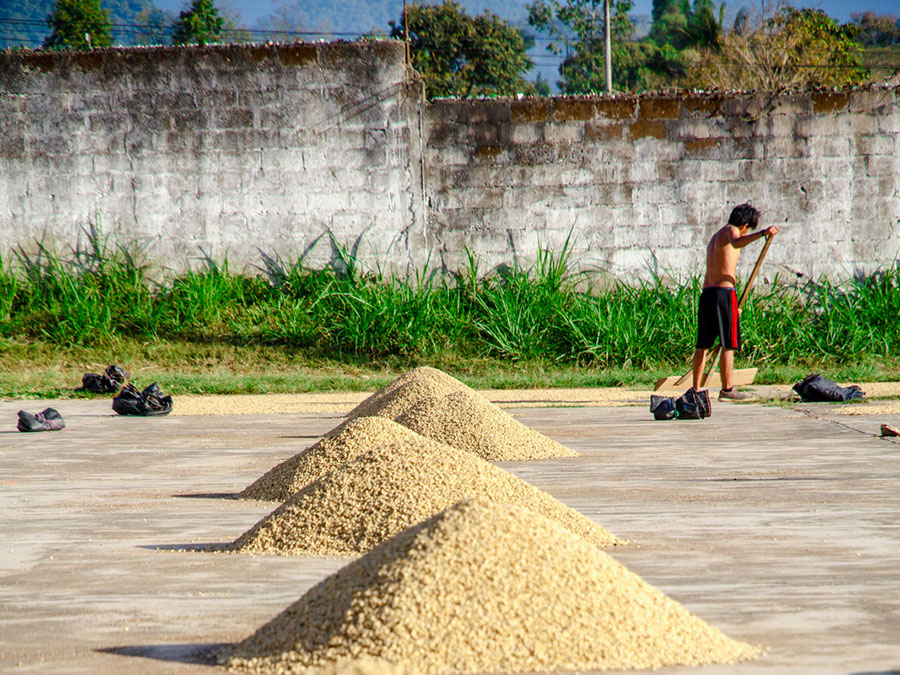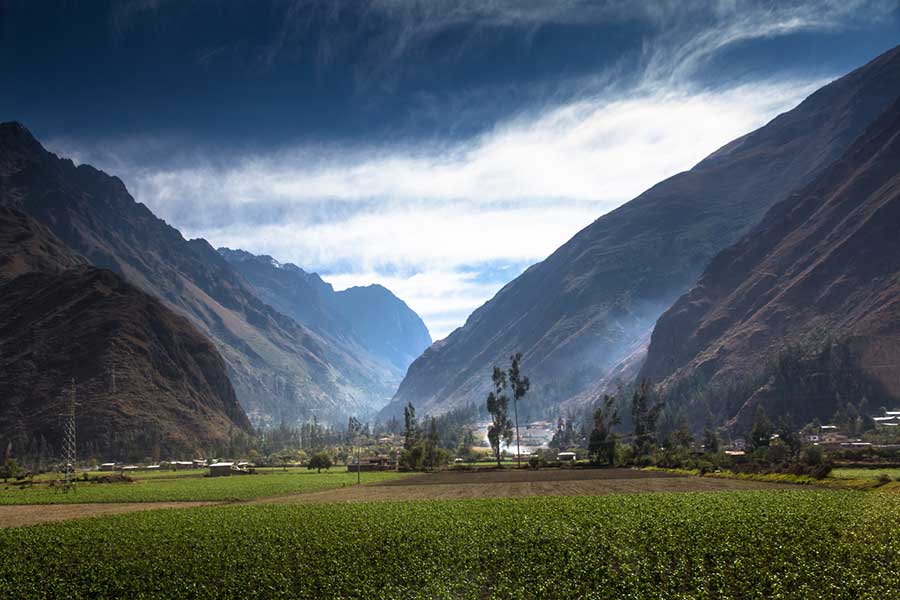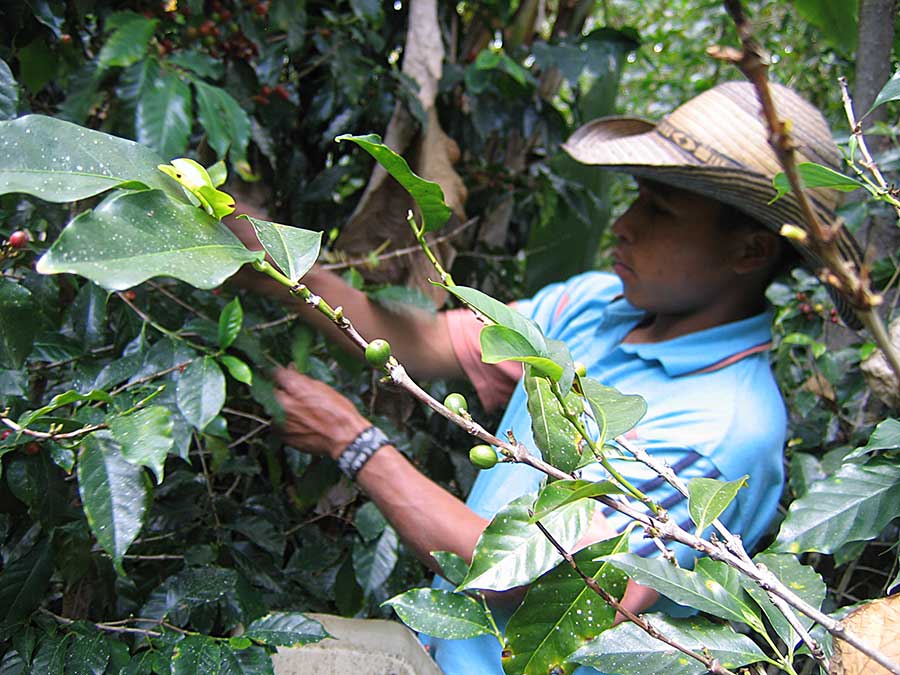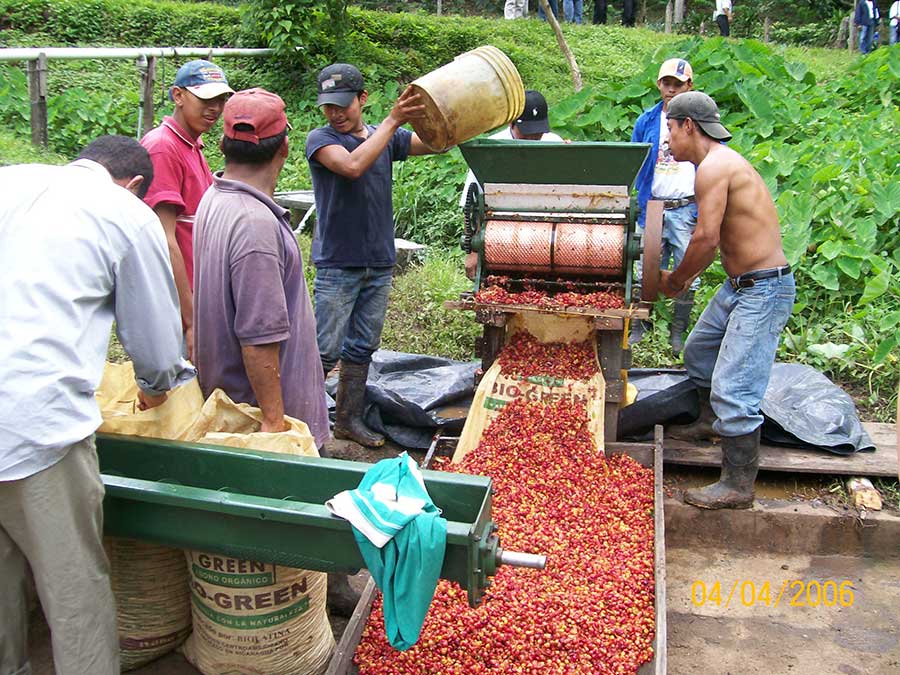- How does coffee become the delicious, roasted beans that I love?
- What makes some coffee organic?
- Why would a company offer organic coffee that is not fair trade?
- What exactly is shade grown coffee and why is this so important?
- What’s the difference between fair trade and regular coffee?

Fair Trade Coffee
Fair trade is not just an option for us. All of our coffees are produced through direct fair trade relationships. Learn more about our trade practices.

Organic Coffee
Organic products are good for you, but more importantly, organic production keeps the creeks and rivers clean in farming communities, and keeps harmful chemicals out of the coffee farmer’s home.

Shade-grown coffee
Coffee thrives under the canopy of the forest and when this canopy is left in place, shade trees provide many benefits to the farmer, flora, and fauna, including a diverse habitat for migrating birds, decomposing leaves that fertilize the topsoil, and roots that hold topsoil in place and prevent landslides.

The Coffee Process
A great cup of coffee depends on the correct growing conditions and the skill of the farmer. Coffee is considered to be the most labor intensive mass produced crop. What does a farmer need to do to produce these wonderful beans?
